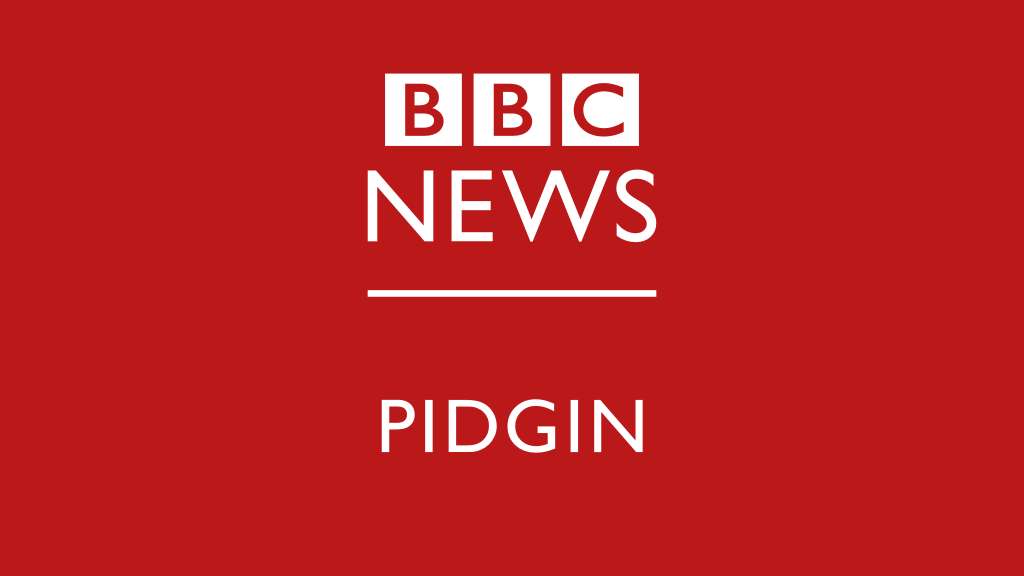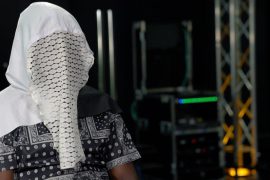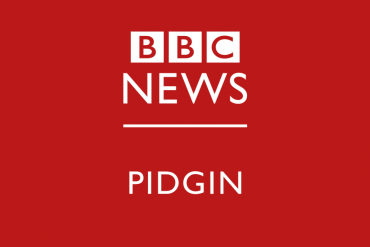Good Friday, Easter Sunday and Monday [wey be Easter holiday] na how Jesus Christ wake up afta im death.
Dis history na as di New Testament of di Bible take describe am.
Just like many Christian holidays, you fit trace some Easter traditions to pagan celebrations.
Many historians believe say di name Easter come from Eostre, di Anglo-Saxon goddess of spring and fertility.
Easter dey known as Pascha in di Orthodox Church.
Although dem dey observe am as di holiest day by both Christians and orthodox Christians, na movable feast and di two groups dey recognise am on different days each year.
Orthodox Christians dey celebrate Easter afta most Christians for western world don celebrate am sake of say di churches calculate di holiday by different calendars.
Origins of Easter
According to di New Testament for Bible, na Romans crucify Jesus Christ around 30 A.D. And im die on di cross on a Friday and dem bury am inside a tom outside of Jerusalem.
Three days later, on Sunday, im rise from di dead, according to Mathew 28:1 – 10.
Christians dey celebrate di resurrection each year on Easter Sunday, afta di 40-day season of Lent.
Lent dey begin on Ash Wednesday and end with Holy Week, wey include Palm Sunday, wey dey remember how Jesus take enter Jerusalem.
Maundy Thursday dey honour di Last Supper, Good Friday dey remember di day dem crucify Jesus, and Holy Saturday na di time of transition between di crucifixion and resurrection.
Easter dey known as Pascha in di Orthodox Church. Pascha na di Greek word for “Passover”.
Di Orthodox Church dey celebrate “di eternal Passover from death to life from earth heaven.”
Great Lent, di time of fasting wey be di strictest for di church, dey take place for 40 days and end eight days before Easter on Lazarus Saturday—wen Jesus raise Lazarus from di dead, according to Eastern orthodoxy.
Palm Sunday and Holy Week go kon follow, as fasting continue until Easter. Orthodox Easter dey always follow di Jewish holiday of Passover.
Many historians, wey cite 8th-century monk and Anglo-Saxon scholar di Venerable Bede for im “The Reckoning of Time,” believe say di name Easter from Eostre, di Anglo-Saxon goddess of spring and fertility.
E always dey portrayed in drawings surrounded by hares and dey believed to be worshiped during pagan festivals.
Anglo-Saxons bin also reportedly refer to di month of April as Eostre-monath.
Why Orthodox Easter and Easter Dey on Different Days
Orthodox Christians, wey believe say nobody fit separate faith from di church, follow di Julian calendar to celebrate Easter Sunday. Na Julius Caesar establish di Julian calendar in 45 B.C.
And e dey based on di solar cycle—Earth revolutions around the sun.
Orthodox Easter dey take place between April 4 and May 8, afta di full moon afta Passover. Orthodox Easter dey always fall after di Jewish celebration of Passover.
Dis na sake of say, according to di New Testament, di crucifixion and resurrection of Christ take place after im enter Jerusalem to celebrate Passover. In 2022, Orthodox Easter na on April 24.
In 1582, Pope Gregory XIII bin institute di Gregorian calendar to correct inaccuracies wey dey inside di Julian Calendar.
Di new calendar bin add leap years to correct 11-minute miscalculation wey cause season to dey out of sync wit di calendar and push Easter away from di spring equinox.
Under di Gregorian calendar, churches bin establish Easter to dey celebrated on di first Sunday after di full moon wey occur on or after di spring equinox. In 2022, Na April 17 be Easter.
Na di Gregorian calendar pipo dey officially recognise pass, but Orthodox churches, primarily for Greece, Cyprus, Russia, Romania, Bulgaria and odas, continue to observe Easter according to di Julian calendar.
Orthodox Easter Traditions
Just like many Christian holidays, you fit trace some Easter traditions to pagan celebrations. Decorating eggs, wey symbolise new life, date back to di 13th century wen di church stop eating of eggs for Holy Week, and dem decorate dem instead.
Pipo believe say na German immigrants in di 1700s bring di Easter Bunny to di U.S. Although some historians trace di character to rabbits wey be symbol of fertility.
Both Christians and Orthodox Christians dey celebrate di Easter holiday with church services wey dey joyous. Dem dey celebrate am wit white lilies as family gada to eat togeda.
Eastern Orthodox churches dey hold a Paschal Vigil on Holy Saturday, di day before Easter, and dem fit hold a candlelight procession dat night, and Easter services and celebrations go begin for midnight.
Traditional Christian Easter meals dey include ham, spring vegetables and hot-cross buns (sweet rolls wey dey scored with a cross on top).
For Orthodox Christian Easter dinners, wey dey include red-dyed hard-boiled eggs, wey dey symbolic of the blood of Christ, dem dey serve lamb. John 1:29 tok say;
“Behold di lamb of God wey take away di sins of di world.”
Lamb also get strong Jewish significance, sake of say dem use am as sacrifice and dem dey serve am during Passover.










